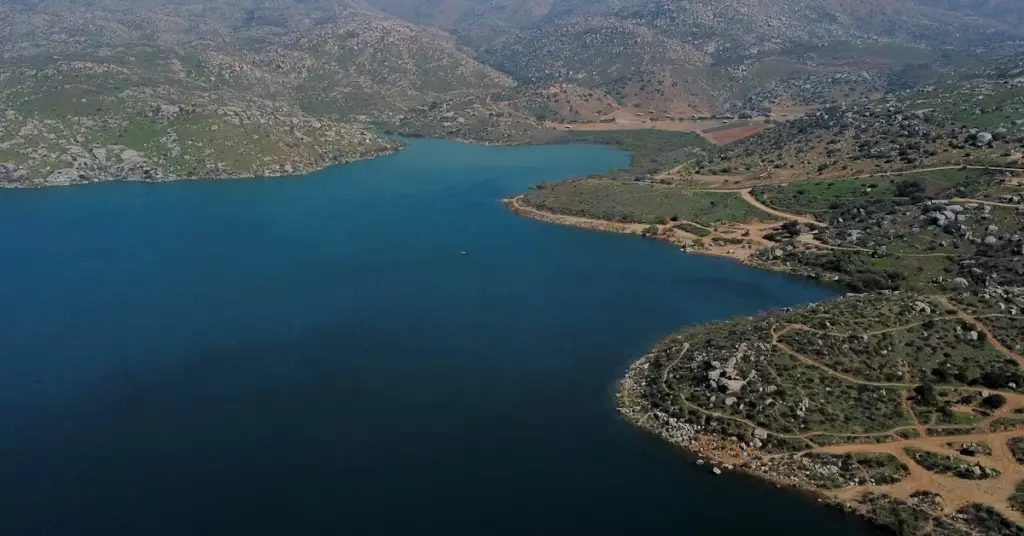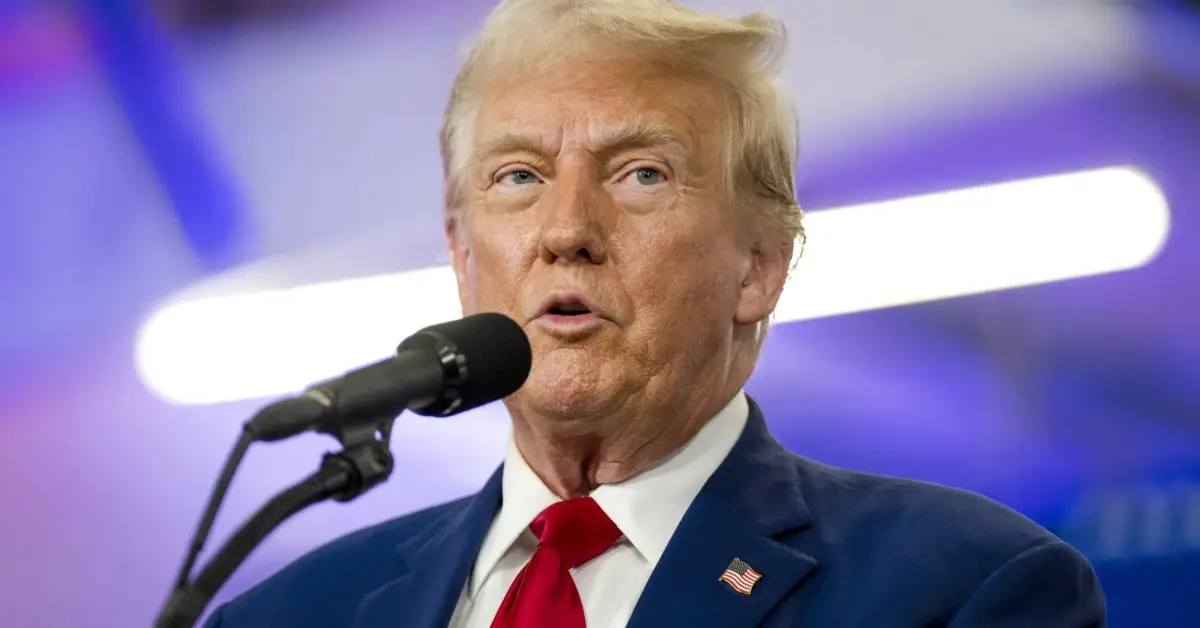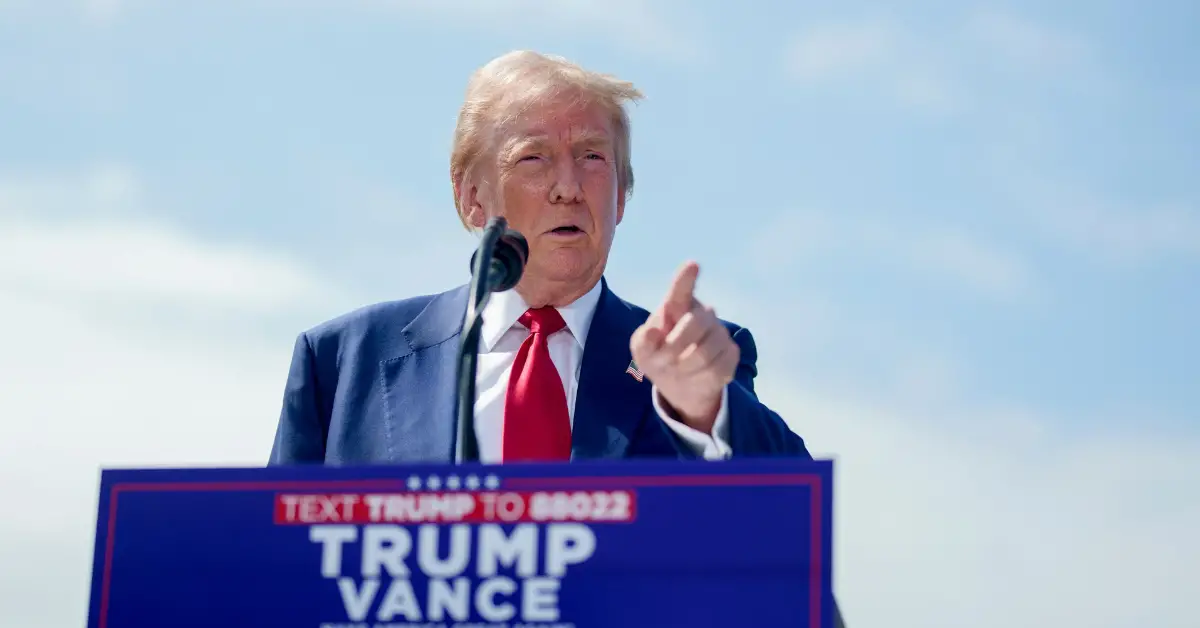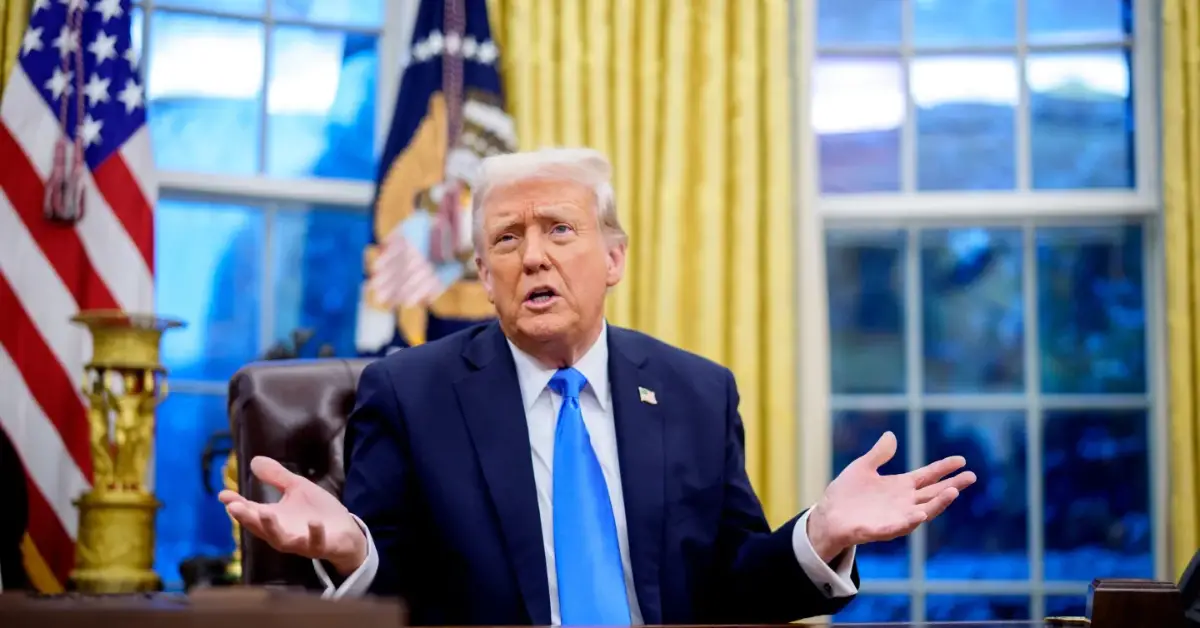President Donald Trump has escalated his stance on a long-standing water dispute between the United States and Mexico. He has threatened to impose additional tariffs and sanctions on Mexico unless the country meets its obligations under a 1944 treaty concerning water distribution from the Rio Grande, Colorado, and Tijuana rivers. The situation has raised tensions between two of the world’s largest economies and could potentially affect trade relations and diplomatic ties.
The dispute centers around a 1944 treaty that governs the sharing of water from these rivers, which serve as major water sources for both the United States and Mexico. Under the agreement, Mexico is required to supply the U.S. with a set amount of water every year, and in return, the U.S. is required to share water from the Colorado River with Mexico.
However, Mexico has failed to meet its water delivery obligations for several years. President Trump, who has made it a point to confront issues that affect the United States, has accused Mexico of stealing water from Texas farmers, claiming that the country has not honored its commitments under the treaty.
In his social media post, President Trump expressed his frustration with Mexico’s failure to deliver the agreed-upon 1.3 million acre-feet of water to Texas. He emphasized that this is more than 420 billion gallons of water, which has vital importance for farmers in Texas, especially in the region’s arid climate.
Trump made it clear that he is not willing to let this issue slide, warning Mexico of escalating consequences. “We will keep escalating consequences, including TARIFFS and, maybe even SANCTIONS, until Mexico honors the Treaty, and GIVES TEXAS THE WATER THEY ARE OWED!” Trump wrote.
The threat of tariffs is a serious one, as it could lead to further disruptions in trade between the two countries. Mexico is one of the United States’ largest trading partners, and such measures could impact a variety of sectors, from agriculture to manufacturing.
The two countries share a $650 billion trade relationship, making it an issue that both governments are keen to resolve. Trade restrictions or sanctions could hurt both nations, particularly Mexico, whose economy is heavily dependent on exports to the U.S.
In response to President Trump’s claims, Mexico’s president, Claudia Sheinbaum, acknowledged that her country had not fully complied with the treaty. She explained that a prolonged drought in Mexico has made it difficult for the government to meet its water delivery obligations.

The drought has reduced water supplies in the rivers, making it a struggle for Mexico to fulfill its commitments. However, Sheinbaum stated that her government has been working on a solution and has sent a proposal to the U.S. to help resolve the issue. She said that Mexico is ready to negotiate and find a way to ensure that the water deliveries to Texas are fulfilled.
“To the extent of water availability, Mexico has been complying,” Sheinbaum said in a social media post. She also emphasized that Mexico has sent a “comprehensive proposal” to U.S. diplomats to resolve the issue. Her tone has been more diplomatic and conciliatory, seeking a negotiated solution rather than escalating the conflict. This approach appears to be paying off, as President Trump responded by calling Sheinbaum “a terrific person” and “a fantastic woman,” acknowledging her diplomatic efforts.
Mexico’s willingness to prioritize dialogue over confrontation could prove to be a wise strategy in this case. The country’s government has avoided responding to Trump’s threats with similar rhetoric, choosing instead to keep the lines of communication open. This has helped prevent further escalation of tensions, which could have detrimental effects on the broader relationship between the U.S. and Mexico.
Tensions over water rights between the two countries are not new. In 2020, Mexican farmers took drastic measures by seizing control of a dam near the border to prevent the water from being sent to the United States. This act of defiance highlighted the growing frustration over water distribution issues. The situation became even more complicated as both countries struggled to manage water resources amidst rising temperatures and a prolonged drought in the region.
The water dispute also highlights a larger issue: the scarcity of water in the border region. The shared rivers that flow between the U.S. and Mexico are essential sources of water for both nations, but climate change, along with reduced rainfall, has made these resources less reliable. With rising temperatures and more frequent droughts, water has become an increasingly valuable commodity, and both countries rely on the water from these rivers for agriculture, drinking, and industry.
Data from the International Boundary and Water Commission (IBWC), which oversees water disputes between the two countries, paints a grim picture. According to the IBWC, Mexico has fallen significantly short of its water delivery commitments in the past five years.
Between October 2020 and October 2024, Mexico provided just over 400,000 acre-feet of water, far less than the approximately 1.4 million acre-feet stipulated under the treaty. This growing debt has become a point of contention, especially as the United States seeks to ensure its farmers in Texas receive the water they are entitled to under the agreement.
As tensions rise over the water issue, the stakes are high. Both countries have a vested interest in resolving the dispute amicably, as further conflict could damage not only the agricultural sector but also broader trade relations.
With Trump’s threats of tariffs and sanctions, the pressure is mounting on Mexico to deliver the water owed to Texas. Whether the diplomatic efforts will lead to a resolution remains to be seen, but one thing is certain: water is more valuable than ever, and how it is distributed could shape the future of U.S.-Mexico relations.
Disclaimer: This article has been meticulously fact-checked by our team to ensure accuracy and uphold transparency. We strive to deliver trustworthy and dependable content to our readers.




